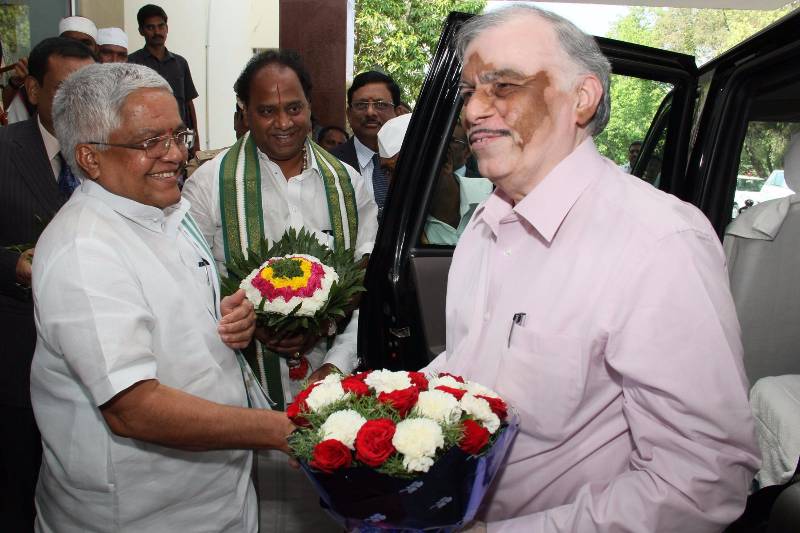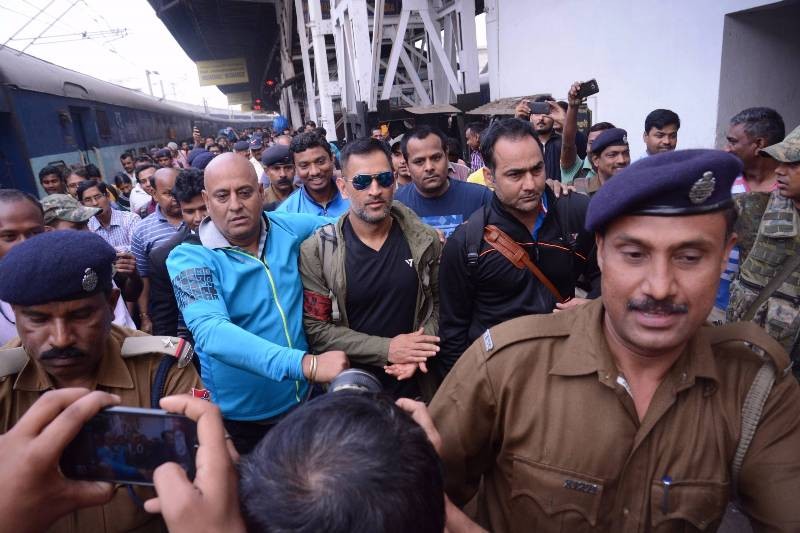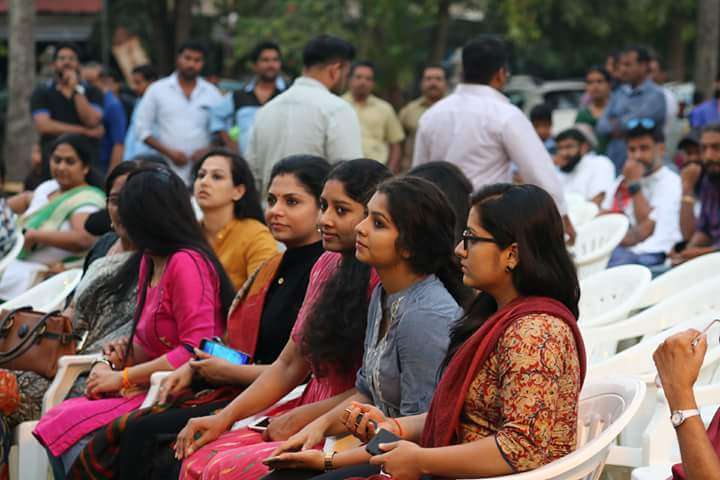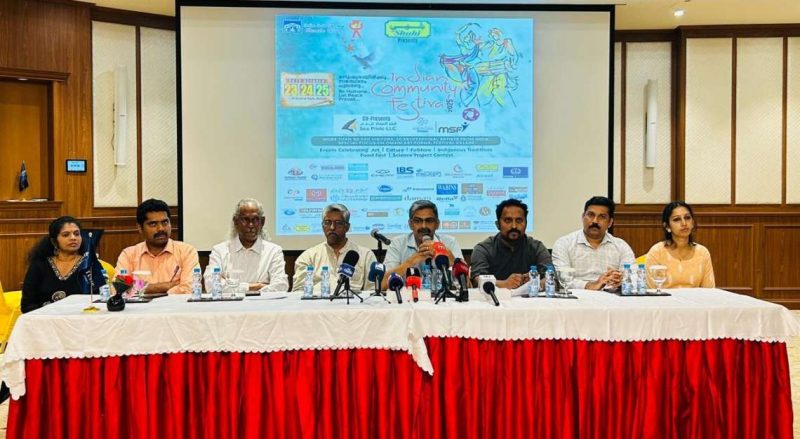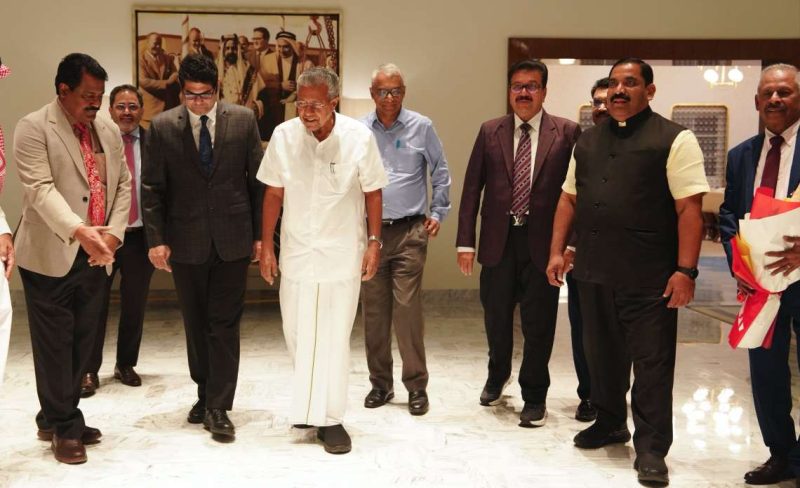Kerala Governor P. Sathasivam termed demonetisation by the Centre as one of the most devastating catastrophes in India’s financial history….reports India Daily Newsdesk
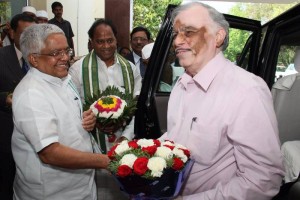
The Governor’s comment came at the opening address in the first assembly session of the year.
“On November 8, 2016, the Government of India came out with a wildly impulsive version of demonetisation that simply and selectively took Rs 500 and Rs 1,000 notes out of circulation,” he said describing the last four months.
Criticising the Centre for not putting in place a system to replace the scrapped currency, he called the measure “ostensibly” put and “bandied about as a means to flush out black money in circulation”.
Continuing his attack on the Narendra Modi government’s move, Sathasivam called the curbs put on money withdrawals over Rs 24,000 per week from bank accounts as “draconian”.
He said the rights that were safeguarded by the Constitution were thrown to the winds through a mere executive fiat overnight.
A former Chief Justice of the Supreme Court, Sathasivam also pointed out that 86 per cent of the money in circulation was sucked out in the process.
“The Reserve Bank of India — that has to function as our independent monetary authority — was also compelled to be a silent partner acquiescing to this travesty,” the Governor added.
He slammed the Centre’s move as a “ill-conceived decision”.
Sathasivam said that the Centre did not weigh its implication on the poor, the lower middle class, the salaried and the wage earners prior to its application.
He said that the Centre did not even consider it worthy of any serious analysis.
Credit and debit card holders with access to net banking managed to hold up through the crisis, however, the vast teeming majority of less fortunate Indians scrambled from pillar to post for the currency that they needed for their daily existence, he said.
He added that heart-rending stories from various parts of the state continued to pour in.
“The entire cooperative structure which is the major backbone of the agricultural economy of the state was immobilised overnight,” Justice Sathasivam added.
In Kerala, more than a third of the bank deposits are in the cooperative sector.
“…There has never before been such a frontal attack on the cooperative sector… There has never been any single other instance of expropriation of the purchasing power of a population of this magnitude,” the Governor added.
The biggest question that Kerala has to address was how long it would take for the cooperative banking system to be back on the rails, Sathasivam said, pointing out that his government was determined to stand by the cooperatives.


